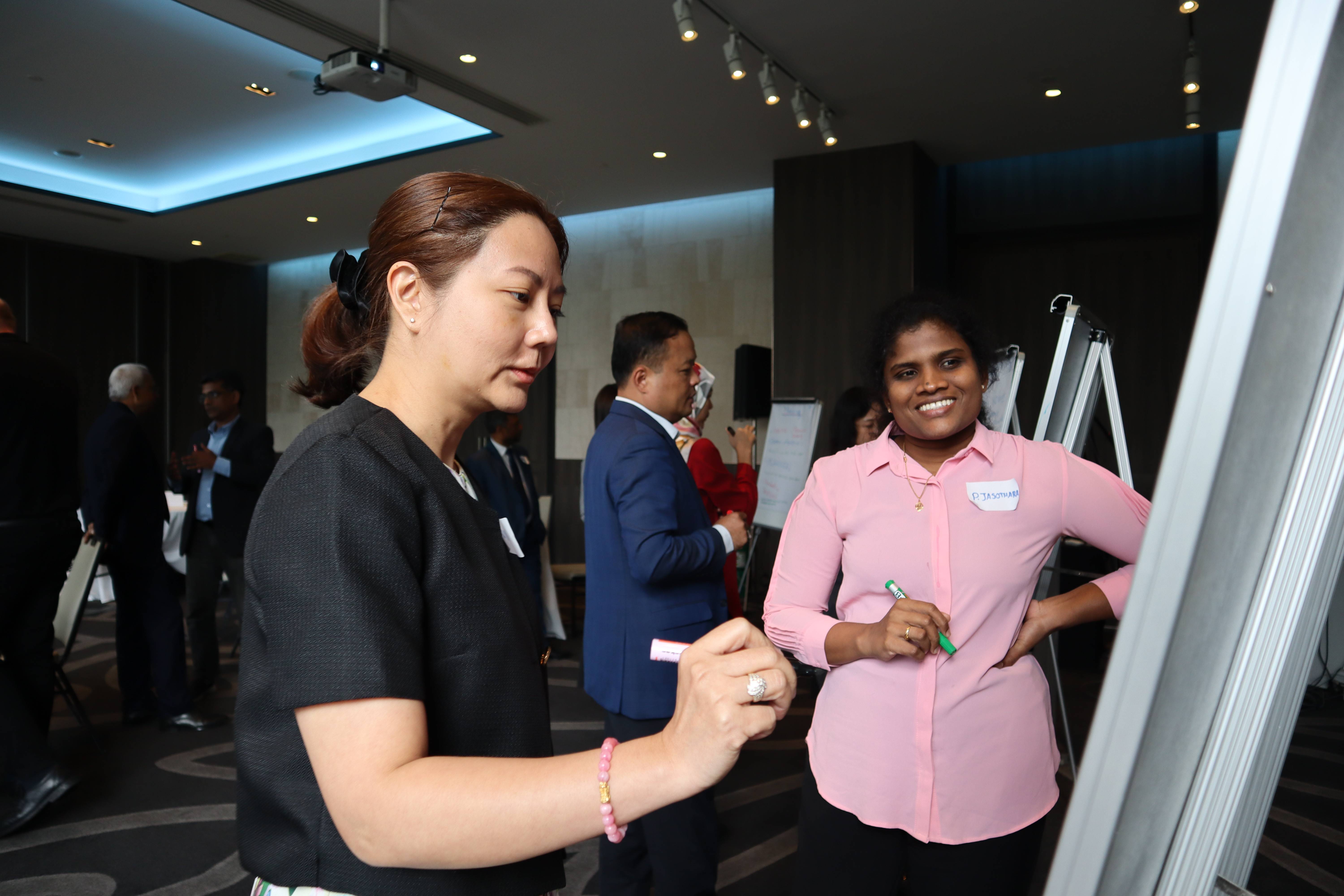
Bangkok, Thailand – On March 28 and 29, 2024, the EU SWITCH-Asia Policy Support Component, organised a Sustainable/Green Public Procurement Expert group meeting as part of its Technical Advisory Sustainable/Green Public Procurement for Transformation.
The Event convened around 40 experts and participants in-person from Bangladesh, Cambodia, Kazakhstan, Malaysia, Sri Lanka, Timor Leste and Vietnam to exchanging knowledge on S/GPP experiences in Asia.
Public procurement provides governments with an important tool to achieve their development objectives. Green Public Procurement (GPP) is stated as a target in the Sustainable Development Goal 12 targets (SDG 12.7). However, GPP is often not linked to national development objectives, nor part of the financial planning and budgeting process. GPP is also often limited to products and bypasses services and works. Through its Technical Advisory on S/GPP launched in August 2023, SWITCH-Asia has the ambition to make the environmental dimension of a product or service an explicit requirement in the procurement specification, so that offers that do not meet minimum environmental requirements are disqualified. It enables providers of clean products/services to have much wider access to public procurement procedures. Finally, SWITCH-Asia aims for these ambitions to foster greater transparency in public financial management. This intervention has so far targeted four countries for a first year of activities: Bangladesh, Cambodia, Malaysia and Vietnam. Sri Lanka, Timor Leste and Kazakhstan have joined this group of countries early 2024.
Dr Zinaida Fadeeva, Team Leader, opened the event and welcomed representatives from Ministry of Finance/Planning and relevant line ministries in GPP policy-setting (Environment, Industry, Trade, etc.). She explained that the objective of this event is not only to exchange knowledge on S/GPP experiences in Asia on the first day, but also to chart the path forward for each of the countries through short bilateral consultations with the SWITCH-Asia team on the second day.
In the morning of the first day, Mr Sanjay Kumar, Senior GPP expert, presented how GPP can be a tool to reach sustainability targets and transform markets. Public Procurement is estimated to represent a market worth 13 trillion dollars. Mainstreaming sustainability into procurement is an important opportunity. Developing a solid policy framework, creating institutional mechanisms, expanding the scope and scale of Green/Sustainable Public Procurement and creating space for sustainability in the PFM system are essential elements that contribute to strengthening and elevating GPP. These elements go hand in hand with a professionalisation of the procurement profession and the computerisation of the procurement system.
Dr Lunchakorn Prathumratana, GPP expert, introduced GPP Experiences in 3 Asian countries: China, Lao PDR and Thailand. In China, the key Ministries offer clear guidance for procuring green products listed in the Energy Conservation and Environmental Labelling Products categories. In Lao PDR, GPP is one of the priority activities of the Sustainable Consumption and Production Roadmap of Lao PDR 2022-2025, the Vision 2030. In Thailand, the government has put a lot of effort in engaging diverse stakeholders in policy development and criteria formulation, fostering a collaborative effort for strengthened sustainable procurement practices.
Dr Rene Van Berkel, Senior Circular Economy Expert, explained that circular economy is often presented as an alternative to the prevailing linear ‘take – make – use – throw away’ economy that continues to drive increases in the unsustainable extraction, use and wastage of natural resources. Circular Economy is the best bet to solve the triple planetary crisis. However, circular economy has become to mean very different things to different people, businesses and policy makers, which impedes collective action and lends an alibi to either romanticize recycling, or green wash regular business practices and/or simply do nothing. Dr Van Berkel presented circular business cases from the ASEAN and the link between circular economy and Green Public Procurement.
Mr Florian Beranek, Senior Construction & Buildings expert, presented how the building sector plays a pivotal role for enabling sustainable lifestyles within planetary boundaries. From a materials perspective, construction relies on vast amounts of resources, making the sector a primary driver of the extraction and processing of raw materials. The operational phase of buildings is responsible for a significant portion of global energy consumption, often sourced from non-renewable resources. Moreover, the end-of-life of buildings - stages of demolition, reclaiming, and the establishment of standardised processes to extract secondary raw materials (SRM)– carry, dependent on the circumstances, various environmental and economic consequences.
Dr Md. Nurul Islam, Bangladesh expert, Mr Kuntheara Tep, Cambodia expert, Dr Hari Ramalu Ragavan, Malaysia expert, Mr Anura Lokugamage, Sri Lanka expert and Dr Nguyen Bao Thoa, Vietnam expert, each presented the landscape of GPP in their respective country. Each country has a different institutional set-up and is at a different stage of its S/GPP journey, but there is much to learn from each other.
Detailed assessments can be found here.
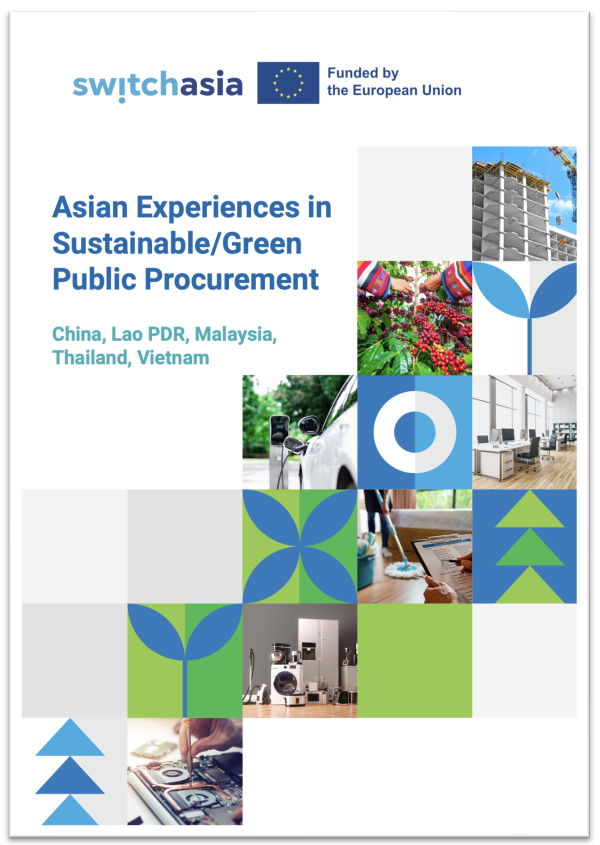 Mr Damien Ruggeri, Regional PFM and Budget Support Technical Advisor, presented the EU Green Deal and the current support of the EU in terms of Green Public Financial Management in the region.
Mr Damien Ruggeri, Regional PFM and Budget Support Technical Advisor, presented the EU Green Deal and the current support of the EU in terms of Green Public Financial Management in the region.
Ms Delphine Moretti, Lead, Financial Management and Reporting and Medium-term budgeting, OECD, introduced more in detail the upcoming Green PFM project funded by the EU and implemented by the OECD which aims at cross-fertilising knowledge and best practices on green, gender and SDG budgeting from OECD countries, including EU Member States, to Asian Ministries of Finance through regional events as well as bilateral technical missions upon request.
In the afternoon, each country had the opportunity to present its S/GPP journey or a public procurement achievement it wished to share with its peers. These introductions were followed by interactive group work related to market transformation through S/GPP and high-impact sectors, in particular buildings and construction. Participants reflected in two roundtables on the different stages of a construction project from design to end of life through maintenance on the one hand and on the levers to mainstream S/GPP, as well as the particular sectors or products that S/GPP should target.
On the second day, SWITCH-Asia held a series of bilateral meetings with each of the delegations to review SWITCH-Asia’s approach as appropriate according to the context. These meetings are apart of the ongoing discussions about the best way to elevate S/GPP in each country.
In conclusion, the participants often reiterated two points throughout the event, implementing green public procurement is not only a procurement policy issue: it requires a multidisciplinary approach and collaboration across multiple stakeholders operating at different levels of government (central, local, municipal, etc.). Countries that have mastered a multidisciplinary and inter-institutional approach have obtained faster or more effective results in rolling-out S/GPP. In addition, S/GPP requires a customised sectoral/product approach adapted to each country’s economic context and investment priorities. Regional benchmarks are key – but individual country adaptation is always required.
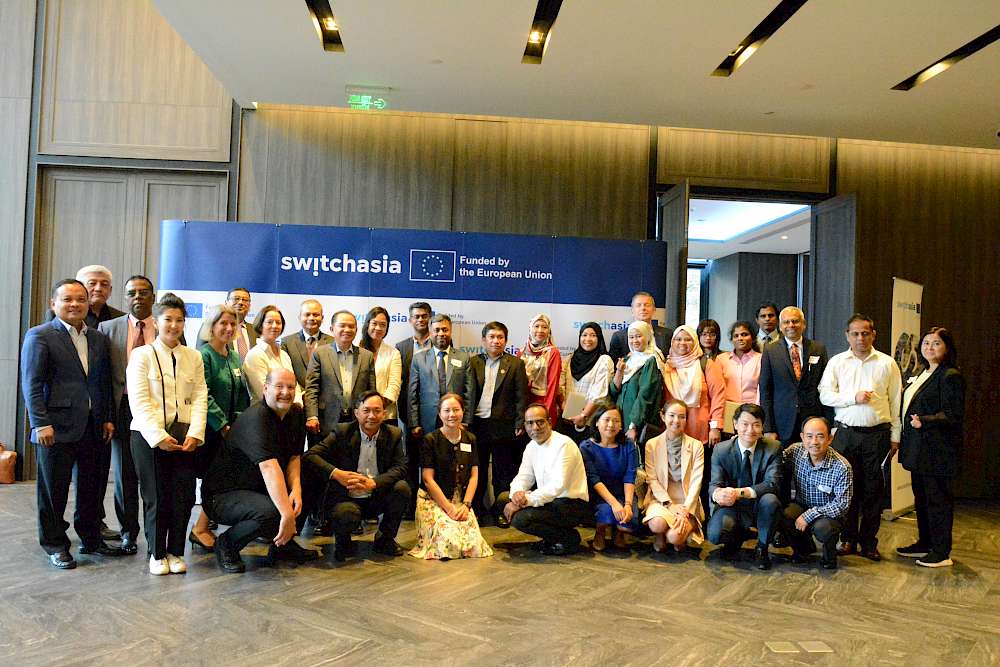
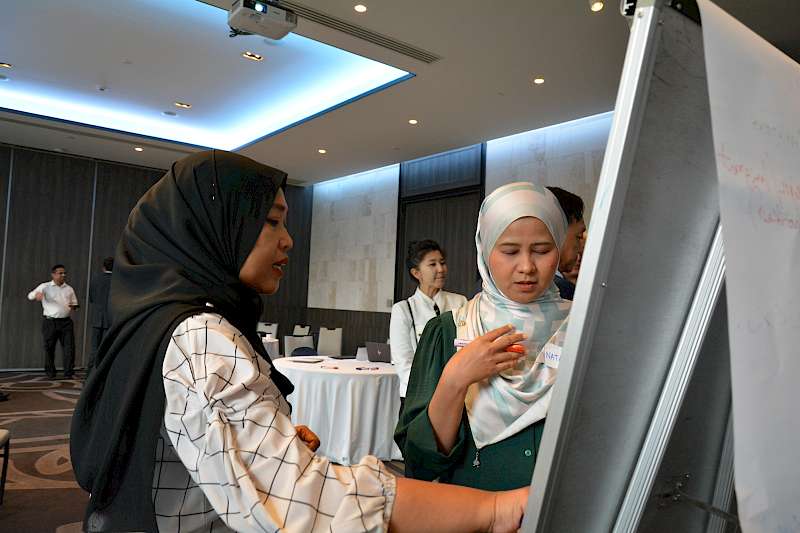
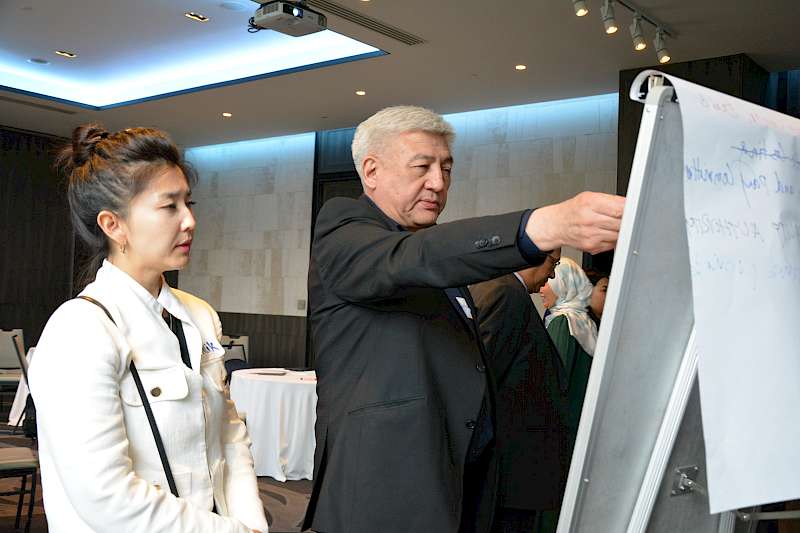
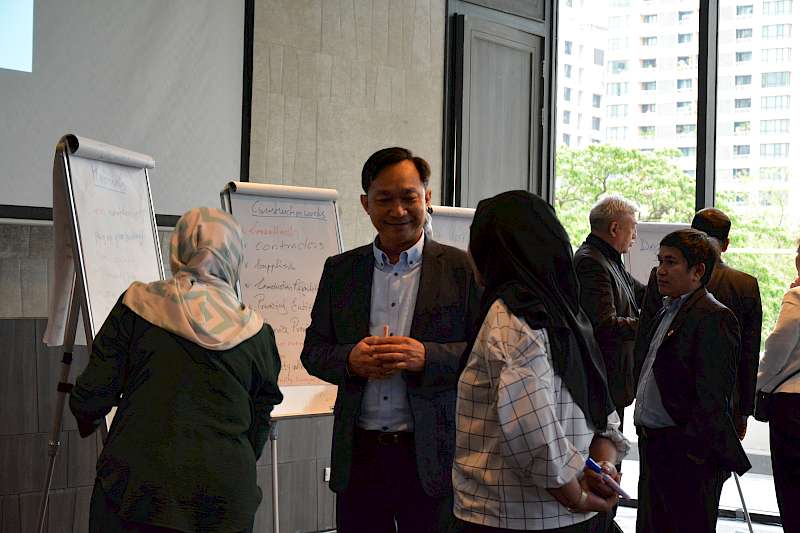
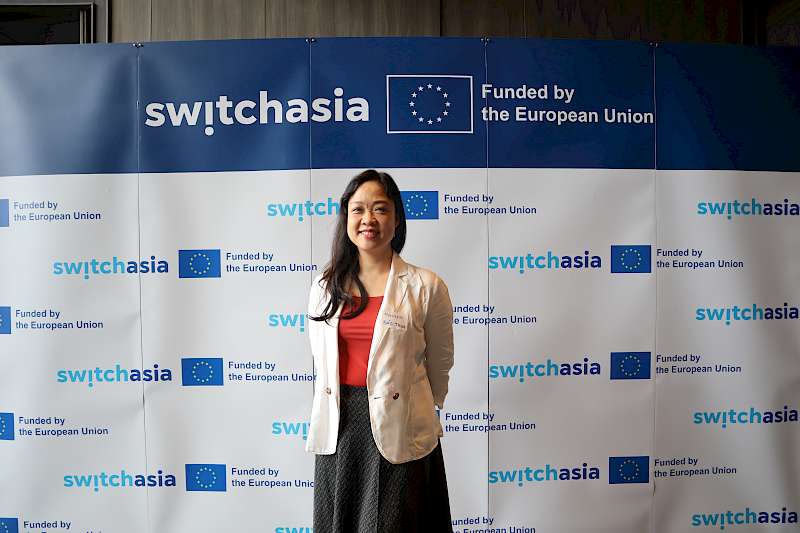
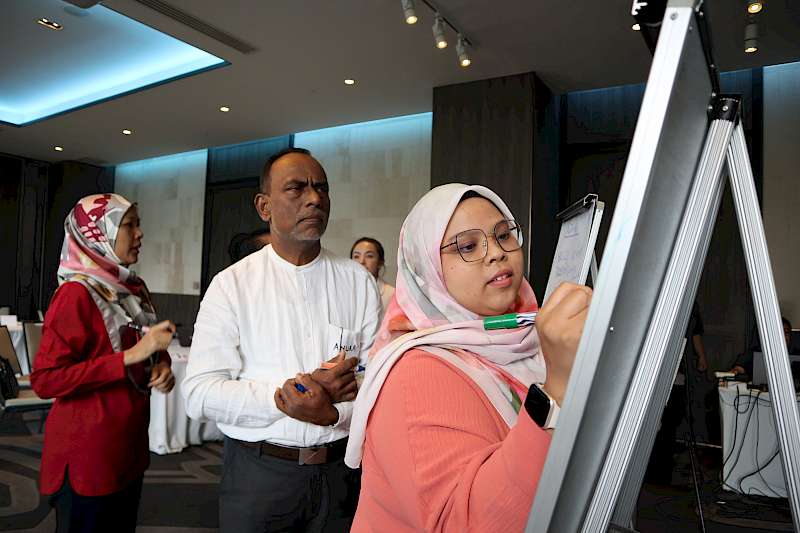
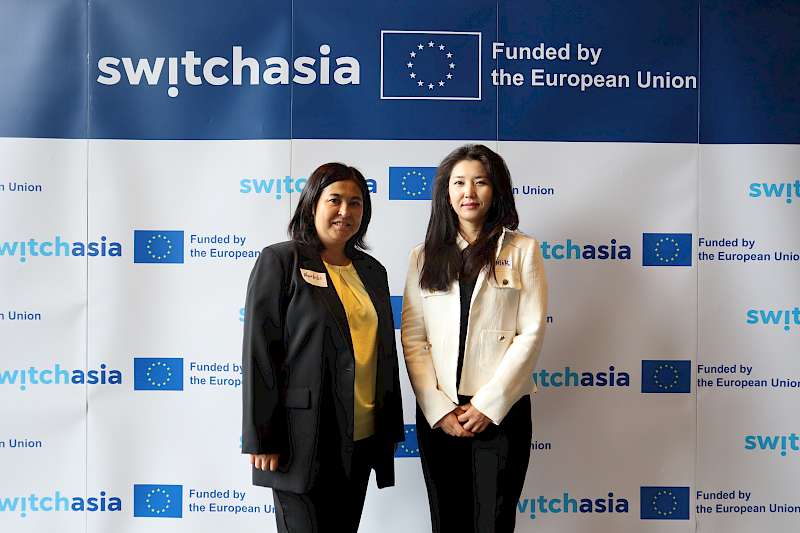
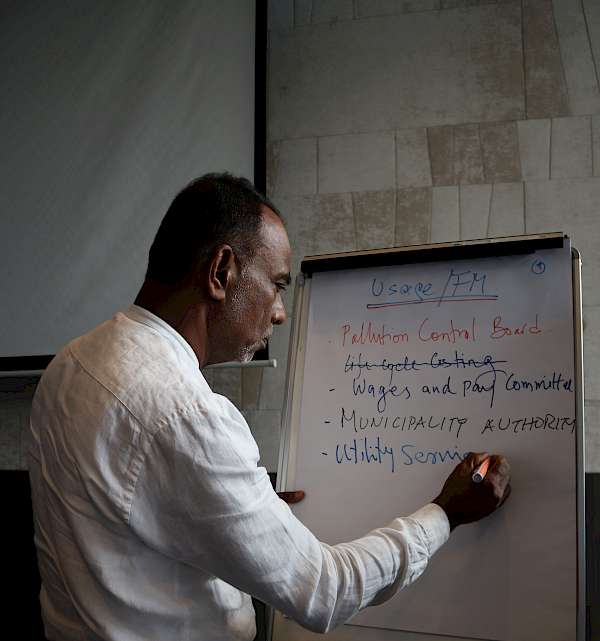
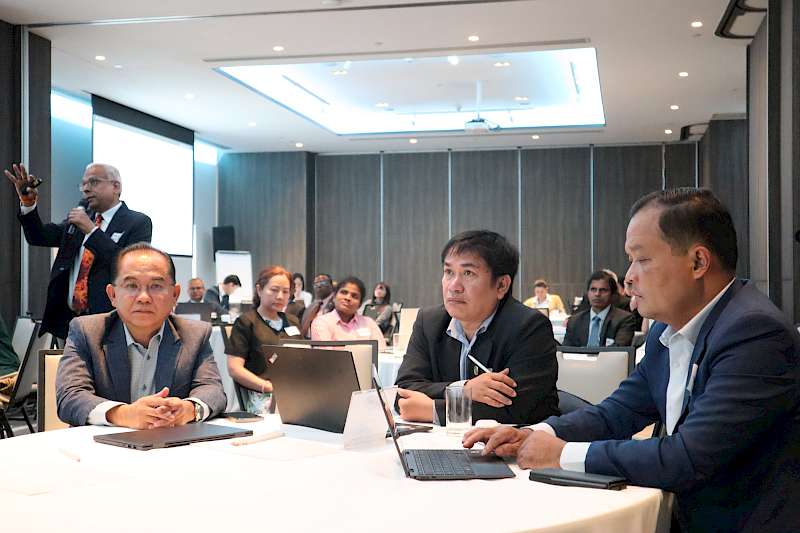
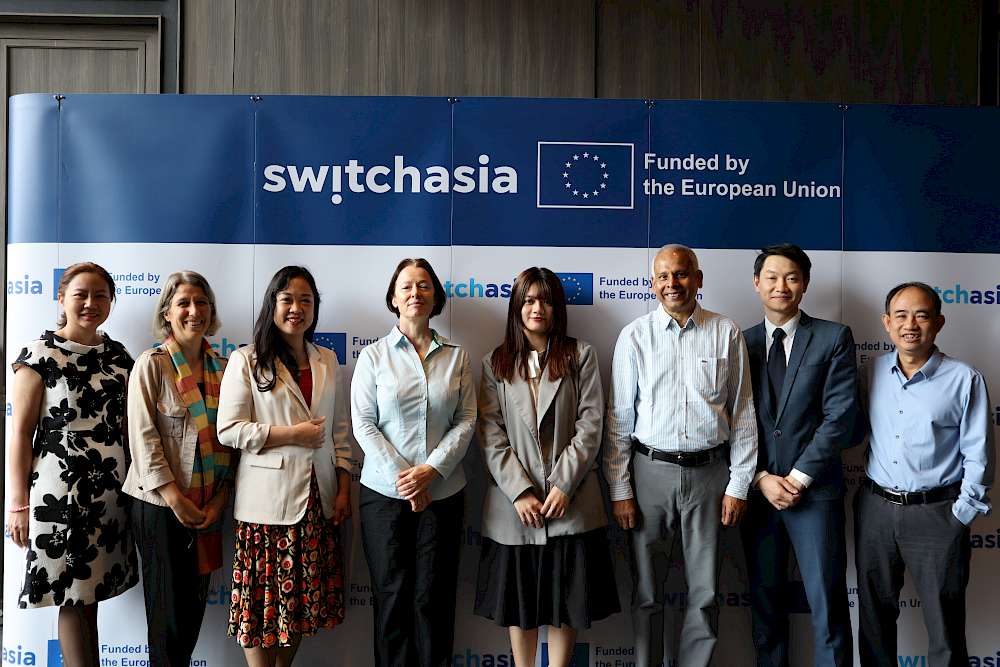
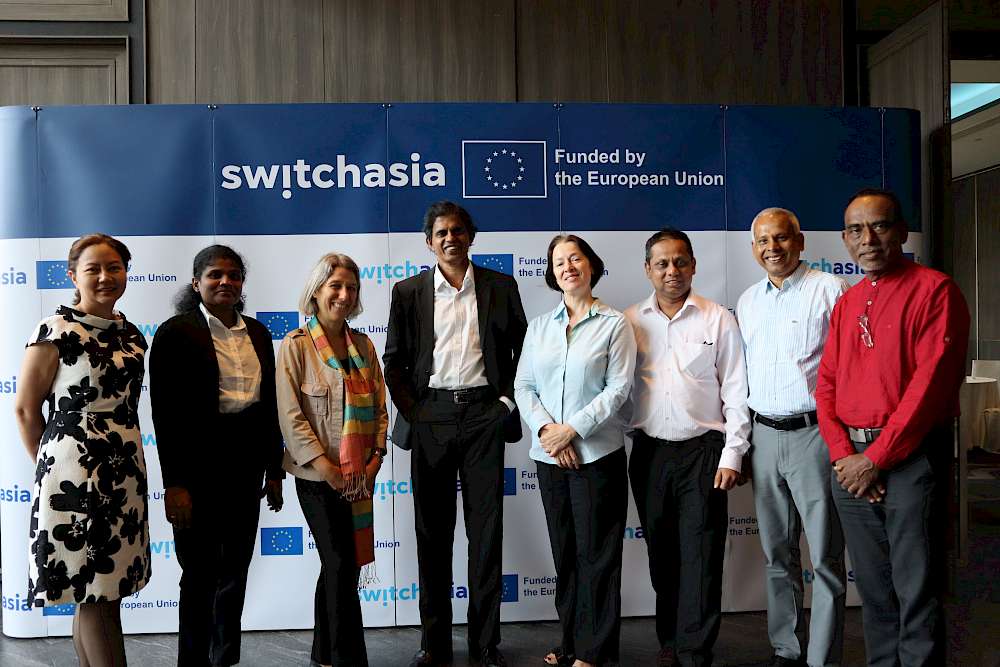
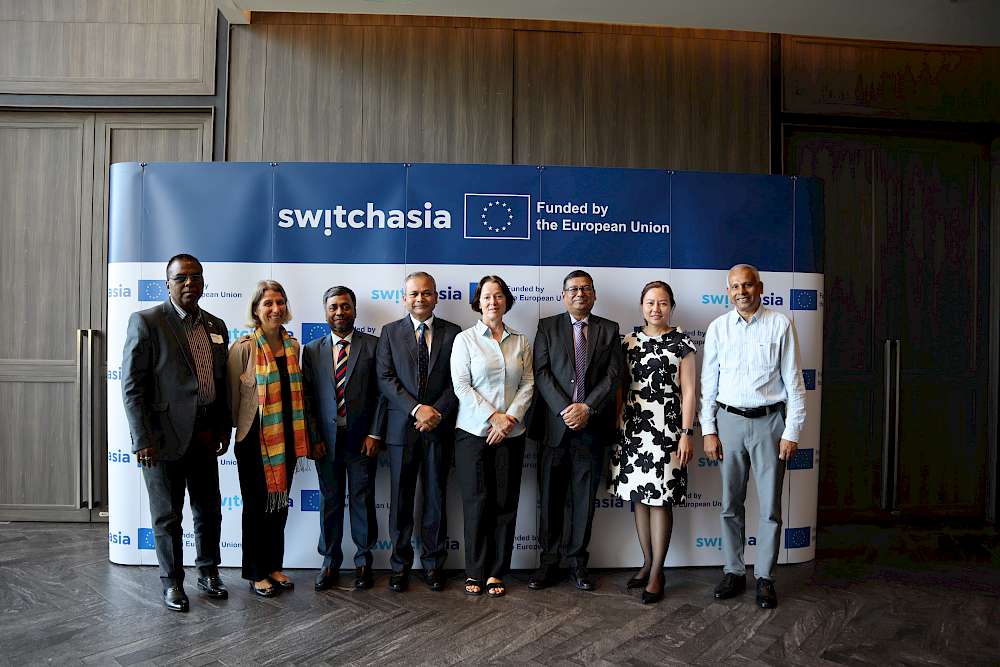
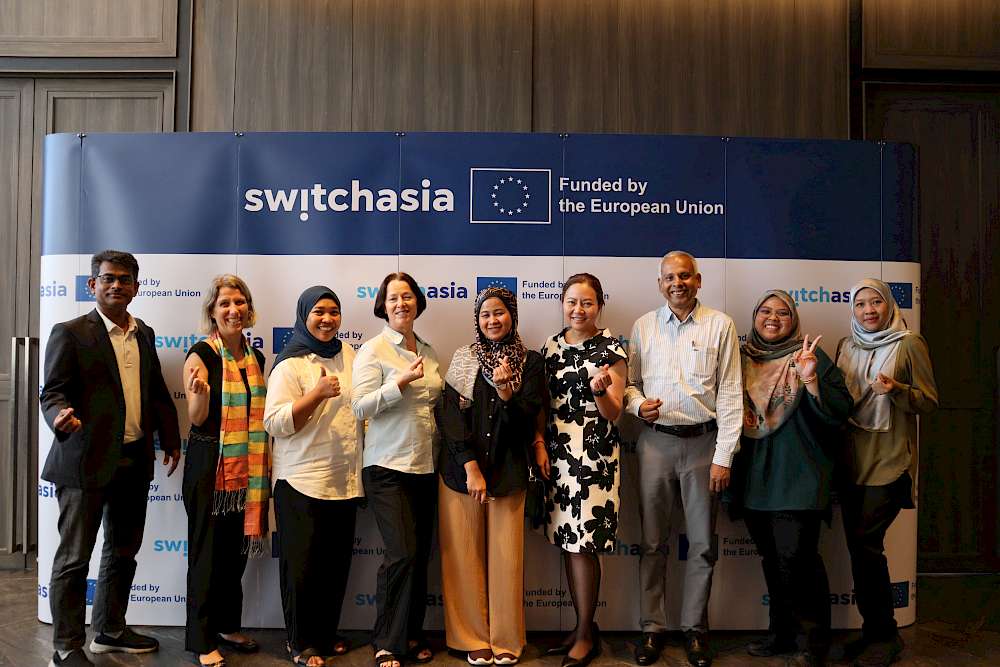
Contact:
For more information on EU SWITCH-Asia activities in S/GPP contact:
Ms. Elodie Maria-Sube, EU Policy Development and Stakeholder Engagement Expert
SWITCH-Asia Policy Support Component
Learn more here.


